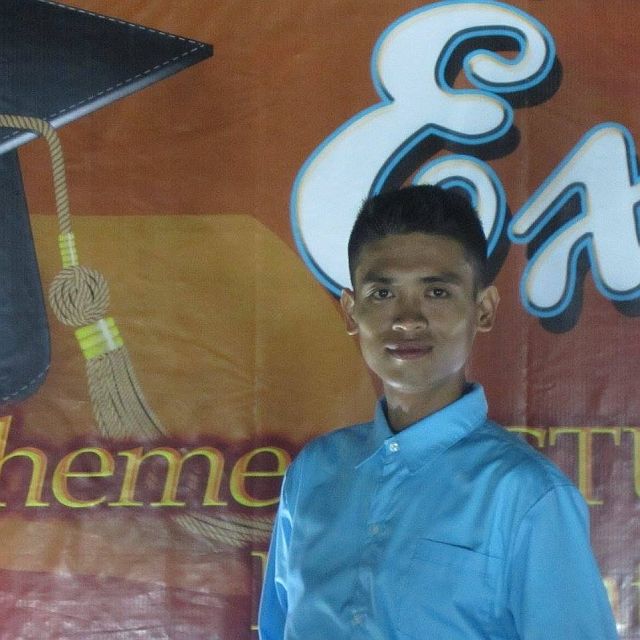
Cumad
BORN into a family of farmers, it was probably no surprise that Julian Cumad ranked high in the top 10 passers of last month’s national agriculture licensure exams.
What was surprising was that Cumad, a 24-year-old graduate of the Cebu Technological University (CTU)-Tuburan campus, was the lone top 10 passer from the Visayas, with the rest coming from Luzon and Mindanao.
The Professional Regulation Commission (PRC) released the results last Friday, October Oct. 28.
About 1,790 out of 5,795 students passed the examinations.
After learning that he ranked second in the top 10 examinees, Cumad voiced his gratitude to his family, relatives and friends who helped him pass the exam.
“(This) is to prove to the public that an agriculturist deserves to be equally honored as much as those coming from other disciplines,” Cumad said.
Cumad is the fourth of seven siblings of an indigenous couple and the first to graduate with a diploma.
Cumad, his parents and three elder brothers are farmers living in Barangay San Isidro, Asturias town.
He said his family is paid for services rendered to nearby farms.
Cumad graduated cum laude last March. Right after he obtained his degree, he said he looked for work in bigger plantations to support his family.
Cumad said he’s working as a staffer in one of Cebu’s biggest privately owned farms in Asturias town.
“I only read notes during free time. In work, I only review them every break — probably within a span of one-and-a-half hour only. Then late at night, shortly before I go to bed, I scan my notes,” Cumad said.
Cumad said he wanted to pass the Department of Science and Technology’s (DOST) scholarship in order for him to pursue a Master’s Degree in Agriculture.
He said he managed to go to school due to a scholarship granted by the Asturias municipal government.
“But I did not directly receive the scholarship money. The money was given to the regional CHED (Commission on Higher Education) which pays my tuition, books and uniform in CTU,” Cumad said.
Cumad said he chose to take up agriculture because he wanted to be an expert on producing healthy food.
“Our population is growing and so does the demand of food. If no one seemed to give importance on the science of agriculture, then shortage of food supply will come sooner than we think,” he said.
Cumad said the country cannot afford to import most of its food because of expensive tariffs.
“It isn’t sustainable. Only a few wanted to take this course which is ironic for a country that relies on agriculture,” Cumad said.

